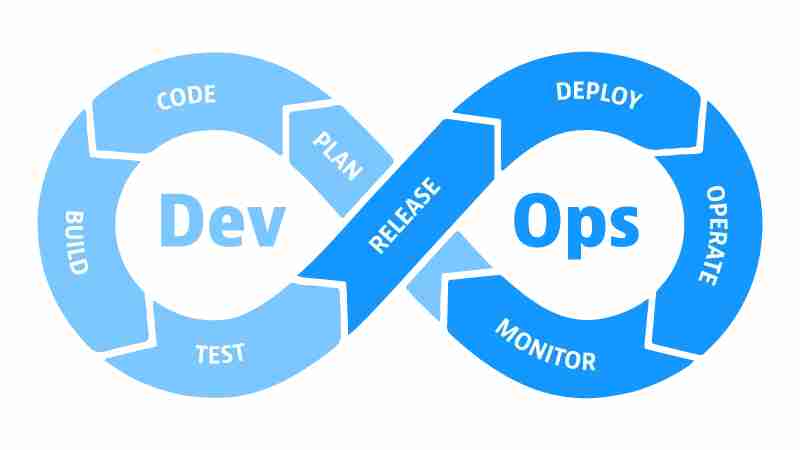In the ever-evolving landscape of software development, DevOps has emerged as a transformative approach that bridges the gap between development and operations teams. By fostering a culture of collaboration and continuous improvement, DevOps practices streamline the software delivery process, enhance productivity, and ensure high-quality outcomes. This guide provides an overview of essential DevOps practices that are crucial for modern software development.
What is DevOps?
DevOps is a set of practices that combines software development (Dev) and IT operations (Ops). It aims to shorten the development lifecycle, deliver high-quality software continuously, and improve collaboration between teams. DevOps emphasizes automation, continuous integration/continuous delivery (CI/CD), and monitoring.
Key DevOps Practices
- Continuous Integration (CI)
- Definition: CI involves the frequent integration of code changes into a shared repository. Each integration is verified by an automated build and testing process.
- Benefits: Early detection of defects, reduced integration issues, and improved software quality.
- Continuous Delivery (CD)
- Definition: CD extends CI by ensuring that code changes are automatically prepared for a release to production. It allows for rapid and reliable delivery of applications.
- Benefits: Faster time-to-market, reduced deployment risks, and consistent releases.
- Infrastructure as Code (IaC)
- Definition: IaC is the management of infrastructure through code, enabling automated and consistent provisioning of environments.
- Benefits: Scalability, repeatability, and reduced configuration drift.
- Automated Testing
- Definition: Automated testing involves the use of scripts and tools to execute tests on the software, ensuring that it behaves as expected.
- Benefits: Faster feedback, higher test coverage, and improved reliability.
- Monitoring and Logging
- Definition: Continuous monitoring and logging provide insights into application performance and issues, allowing for proactive problem resolution.
- Benefits: Enhanced visibility, quicker incident response, and informed decision-making.
- Collaboration and Communication
- Definition: DevOps promotes a culture of collaboration between development, operations, and other stakeholders.
- Benefits: Improved teamwork, better problem-solving, and a shared understanding of goals.
- Security as Code (DevSecOps)
- Definition: Integrating security practices within the DevOps pipeline ensures that security is considered at every stage of the development process.
- Benefits: Enhanced security posture, reduced vulnerabilities, and compliance with regulations.
Tools and Technologies
Several tools support DevOps practices, including:
- CI/CD Tools: Jenkins, GitLab CI, CircleCI
- IaC Tools: Terraform, Ansible, Puppet
- Monitoring Tools: Prometheus, Grafana, ELK Stack
- Version Control: Git, GitHub, GitLab
How can TechDotBit help you about DevOps software development?
TechDotBit enhances software development with specialized DevOps solutions that streamline processes and boost quality. They integrate development and operations to foster collaboration, automate tasks, and ensure continuous improvement. Services include consulting, strategy development, tool integration, security practices, and scalable infrastructure. TechDotBit focuses on continuous integration, automated deployments, and comprehensive monitoring for faster, higher-quality software delivery. From startups to large enterprises, TechDotBit provides the expertise and support needed to optimize DevOps practices and drive business success.
Reach out to us today in order to learn more about how we can help you about DevOps software development for your organization.
Conclusion
Adopting DevOps practices is essential for organizations aiming to stay competitive in today’s fast-paced software development environment. By embracing automation, fostering collaboration, and integrating continuous feedback, teams can deliver high-quality software efficiently and effectively. As the landscape of technology evolves, so too will the practices and tools of DevOps, making continuous learning and adaptation crucial for success.
FAQs
What is DevOps and why is it important?
DevOps combines development and operations to deliver software faster and with better quality.
How does TechDotBit ensure security in DevOps?
By integrating security into every stage of development.
What kind of businesses can benefit from TechDotBit’s services?
Businesses of all sizes looking to implement or optimize DevOps.
How does TechDotBit handle cloud integration?
Specializes in integrating DevOps with cloud platforms for scalability.
What support does TechDotBit provide after implementation?
Offers ongoing support and continuous improvement services.








